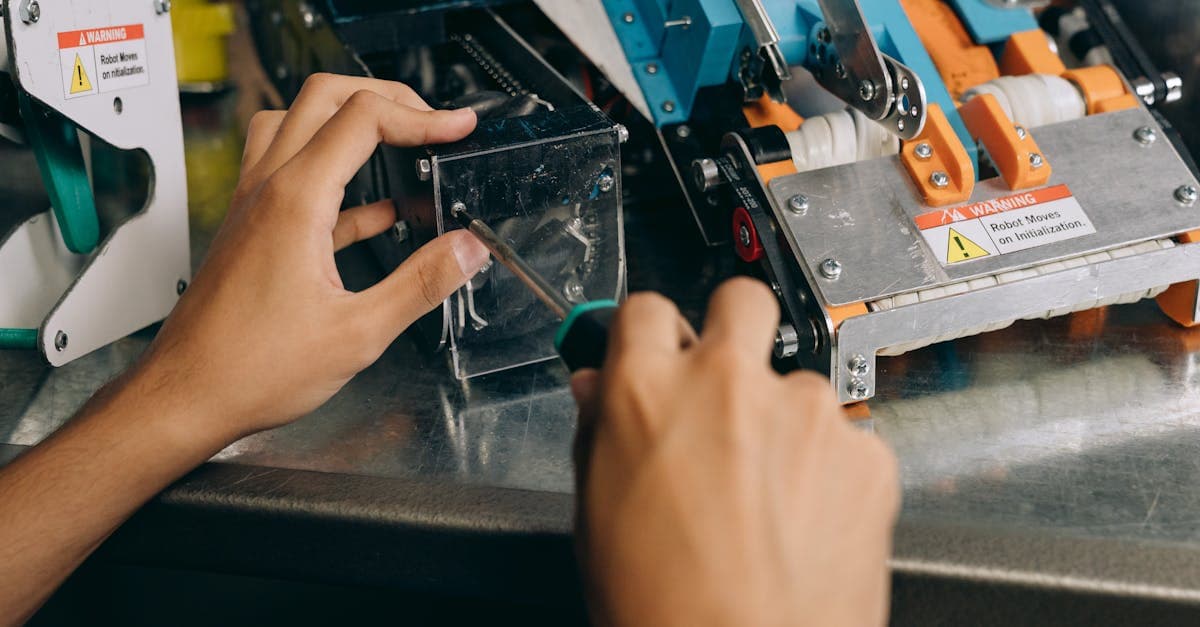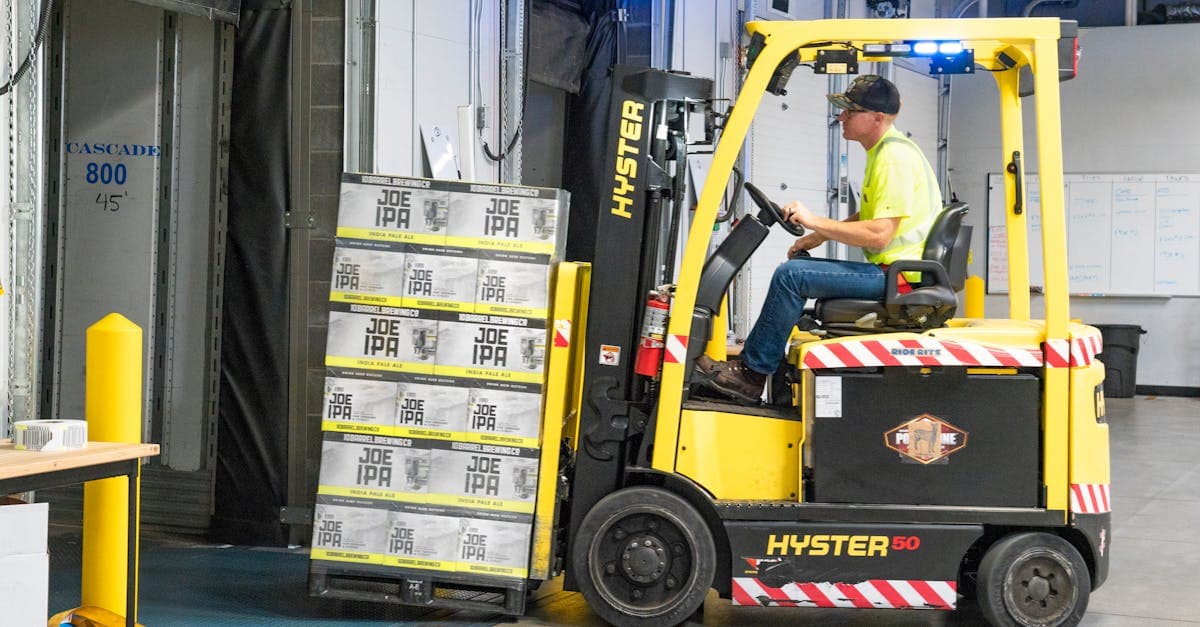Published on:
5 min read
Waste No More: Innovative Strategies for Effective Waste Management
Waste management is an urgent concern in today’s world, where sustainability is becoming paramount. This post explores innovative strategies that not only reduce waste but also promote responsible management practices across various sectors.

The Rise of Circular Economy
The concept of a circular economy is gaining traction as a sustainable solution to traditional waste management. Unlike the linear economy that follows a 'take, make, dispose' model, a circular economy seeks to minimize waste through design and innovation. This approach encourages businesses to reimagine products so they can be reused, repaired, or recycled at the end of their lifecycle. Companies like Patagonia and IKEA are already leading the charge in this area, implementing systems where their products can return to the production loop. By adopting circular practices, businesses can significantly reduce their environmental impact while often saving costs in material expenses.
Smart Technologies in Waste Management
Technological advancements play a crucial role in revolutionizing waste management systems. Smart technologies such as IoT-enabled waste bins can optimize collection routes through real-time data, reducing fuel consumption and emissions. Apps like WasteConnect help municipalities track waste generation patterns and adjust their services accordingly. Additionally, AI-driven sorting systems can assist recycling centers by identifying and sorting materials more accurately and efficiently than manual processes. By leveraging these technologies, communities can enhance their waste management practices leading to greater efficiency and reduced environmental impact.
Community Engagement and Education Programs
Effective waste management requires a collective approach, making community engagement and education vital components. Programs that educate the public about recycling protocols, composting, and sustainable consumption can dramatically alter waste generation behavior. Initiatives like local cleanup days and workshops on minimizing single-use plastics can foster a sense of responsibility and community involvement. By empowering citizens through knowledge, communities can work together to reduce their waste footprint, increase recycling rates, and cultivate a culture of sustainability. Collaborations between local governments, schools, and businesses further amplify these efforts, leading to more significant impacts.
Conclusion: Embracing Change for a Greener Future
Innovative waste management strategies are essential to pave the way for a more sustainable society. By embracing the circular economy, adopting smart technologies, and engaging communities through education, we can foster responsible waste management practices. Together, we have the power to revolutionize how we perceive and handle waste, ultimately leading to a cleaner and healthier planet for future generations.
Published on .
Share now!







